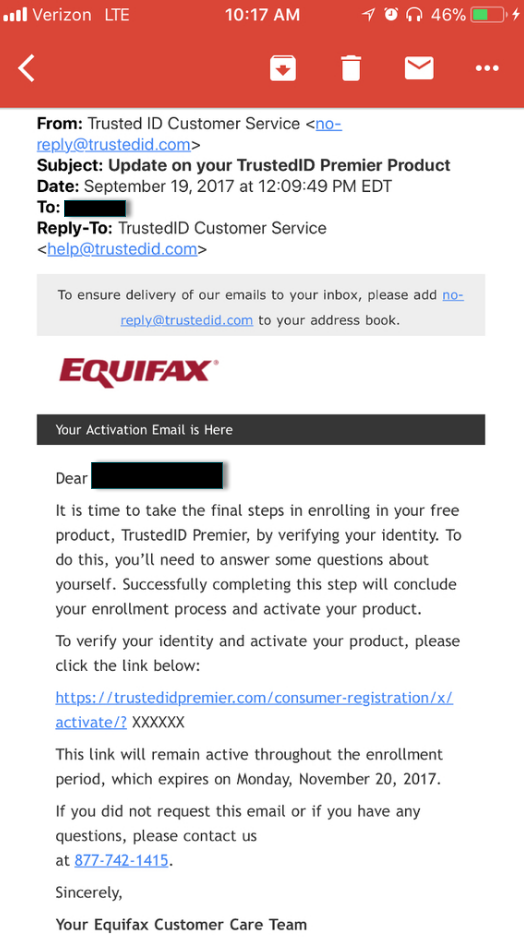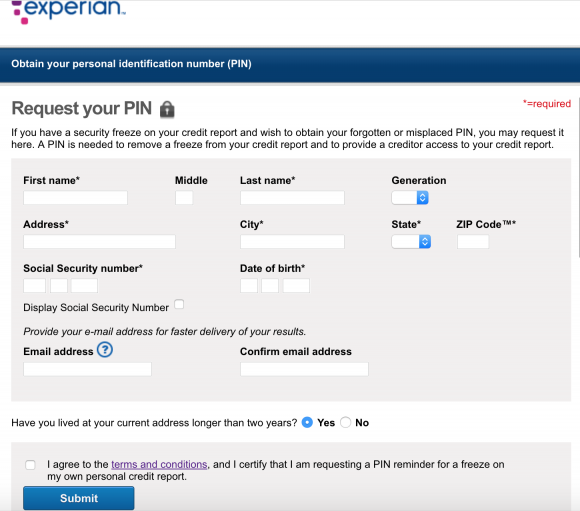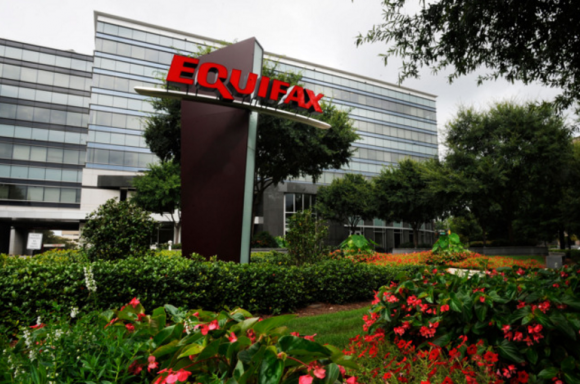Canadian Man Gets 9 Months Detention for Serial Swattings, Bomb Threats

Credit to Author: BrianKrebs| Date: Mon, 25 Sep 2017 15:49:39 +0000
A 19-year-old Canadian man was found guilty of making almost three dozen fraudulent calls to emergency services across North America in 2013 and 2014. The false alarms, two of which targeted this author — involved phoning in phony bomb threats and multiple attempts at “swatting” — a dangerous hoax in which the perpetrator spoofs a call […]
Read More



